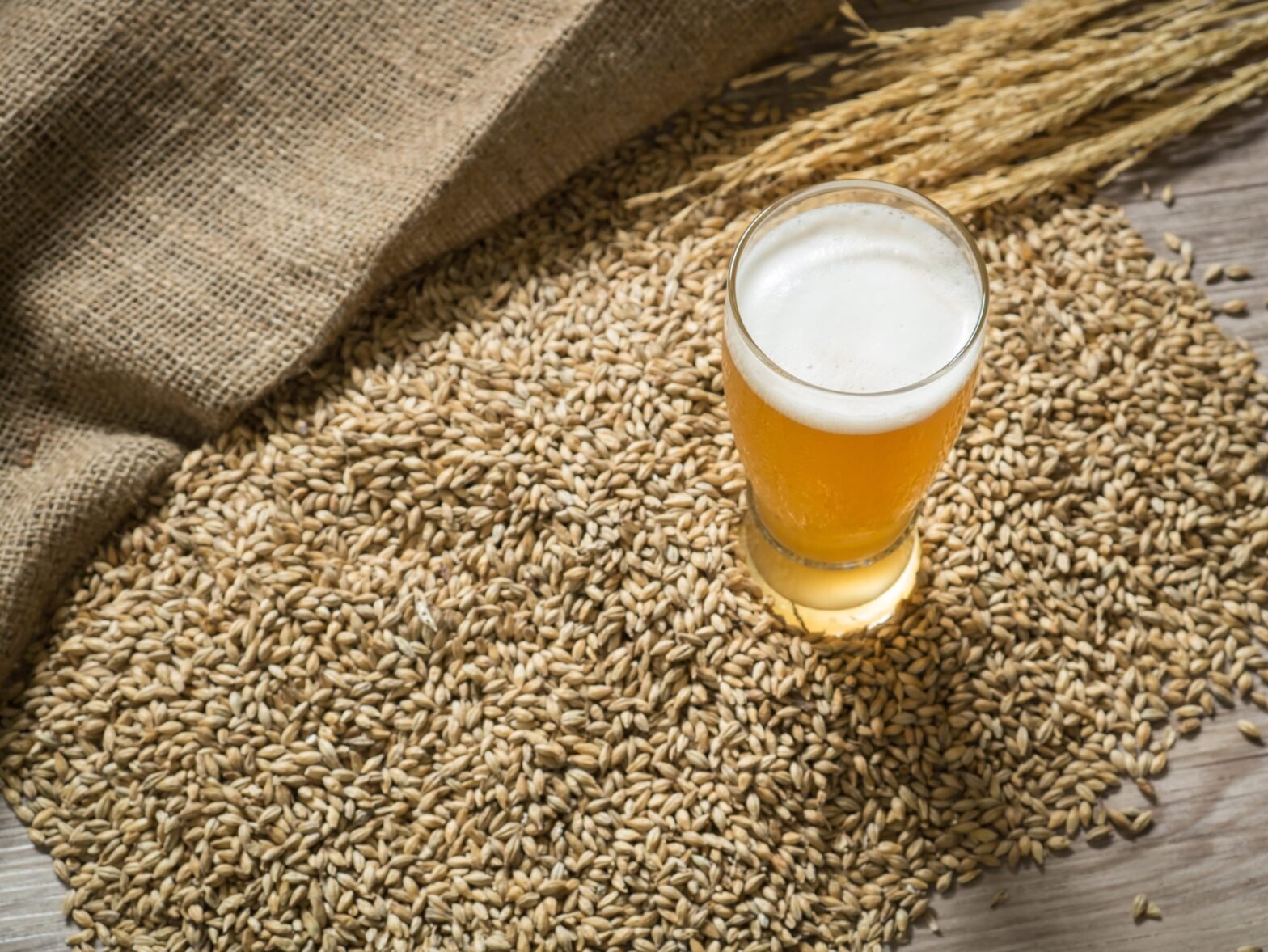In a surprising twist, a new nutritional review raises a glass to beer, suggesting that moderate consumption could offer potential benefits for gut health and immunity. The study, as highlighted by Nutraingredients, reveals a tantalizing blend of compounds within beer that might contribute to the diversification of gut microbiota, bolstering overall well-being.
Researchers from Belgium, China, Portugal, Romania, and Spain have collaborated on scientific publications to put forth the case for beer’s positive influence on the gut microbiome. The revelations, unveiled in the latest edition of the journal Frontiers in Nutrition, illuminate how certain components of beer may rival even the effects of probiotics.
The review delves into the wealth of bioactive substances found in beer, including essential amino acids, vitamins, trace elements, and polyphenols from malt and hops. These compounds have the potential to interact with the gut microbiome, triggering a cascade of benefits.
Particularly noteworthy is the research from the Department of Microecology at Dalian Medical University in China, which underscores the conversion of beer substrates and the formation of bioactive end products that exhibit effects akin to probiotics.
The scientists point to the polyphenols and fiber in beer, combined with moderate alcohol consumption, as a potent combination that could foster a thriving gut microbiome. The intricate dance between these elements prompts the production of a myriad of metabolites, fostering anti-inflammatory, antioxidant, and immunomodulatory effects.
The review also references previous investigations that have explored beer’s potential in preventing arteriosclerosis and heart disease, improving blood circulation and immune function, supporting antioxidant and anti-aging benefits, promoting estrogen production, and even conferring cardioprotective advantages.
While acknowledging the controversies surrounding alcohol consumption’s impact on human health, the study underscores that controlled and moderate beer consumption could hold a key to supporting the immune system. The scientists posit that the dynamic interplay between alcohol, beer’s bioactives, and the gut microbiota merits comprehensive examination.
The implications of this research extend beyond the pint glass. With the convergence of health-conscious trends and scientific insights, the study suggests that low or non-alcoholic beers could potentially serve as functional foods. The tantalizing prospect of “health beers” fortified with bioactive components like fiber, antioxidants, and probiotics looms on the horizon.
As the frothy debate unfolds, the scientists raise intriguing questions about beer’s role as a potential micro-ecological regulator or an alternative therapy for chronic ailments. The journey through beer’s potential health benefits calls for further exploration, prompting us to ponder whether a cold one might hold the key to enhancing well-being from the inside out.


Leave a Reply